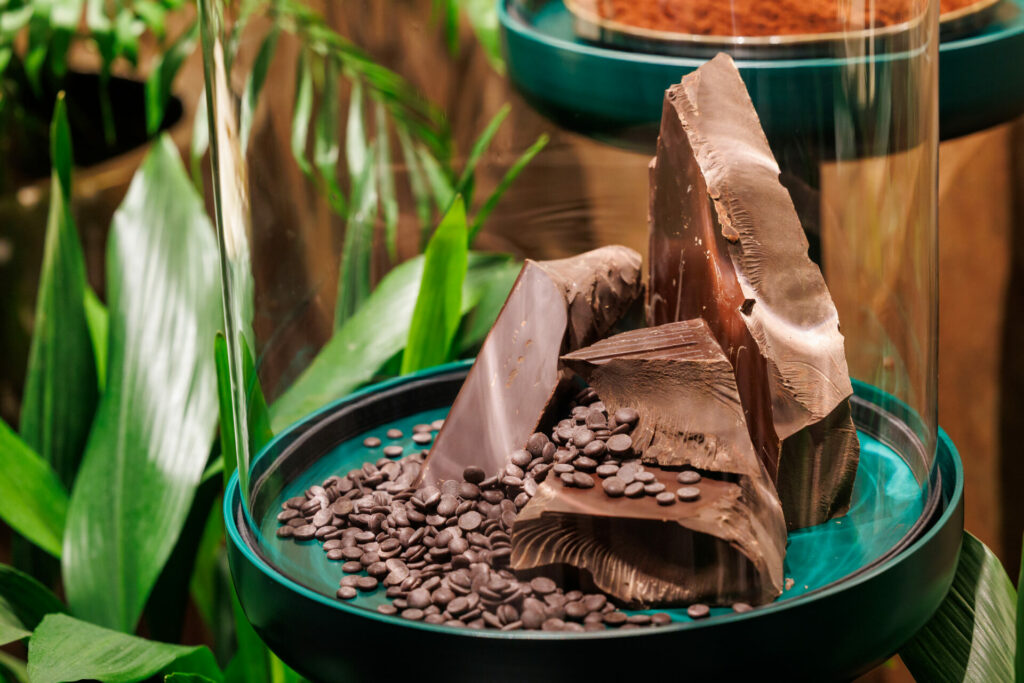The European Union is the world’s largest chocolate consumer, and the Easter season is a peak time for sales. A new study from UCLouvain found that cocoa imports to the EU are associated with the loss of 830,000 hectares of forest between 2000 and 2015 in the Ivory Coast, the world top’s cocoa exporter.
The researchers found that 2.4 million hectares of land in the Ivory Coast were degraded and/or deforested because of cocoa crops, over a period of almost two decades. Yet, it is impossible to know just how much of the cocoa that reaches Europeans is directly tied to environmental destruction.
Over 55% of cocoa coming from the Ivory Coast is untraceable, the study says, because it is purchased through opaque local intermediaries.
“[Easter] is one of the busiest times of year for the chocolate industry, which increasingly sells its products to consumers as ‘ethical’ or ‘sustainable,’” said Cécile Rainer, the lead author of the study. “Given the extremely limited tracing in the industry, consumers are not being shown the full picture about where their chocolate comes from, and the serious sustainability issues attached to it.”
The Ivory Coast supplies 40% of the world’s cocoa harvest, with over one million small-scale farmers producing over 2 million tons of cocoa beans per year.
In the past 60 years, the Ivory Coast has lost 80% of its forests due to cocoa farming, with at least one-fourth of cocoa beans being cultivated in protected areas.
Cocoa plantations often become unproductive, which leads some farmers to move onto the surrounding forest and cut down trees.
Ivorian farmers do not reap the benefits of the extremely lucrative global chocolate industry, with most of the profits going to foreign companies. The West African nation receives only 7% of the global revenue from cocoa beans and, in 2014, over 54% of Ivorian cocoa producers lived below the poverty line, according to the World Bank.
Lack of information about product origins also makes it hard to root out forced labour. The cocoa supply chain is rife with child slavery and forced labour and chocolate companies have been promising for years to eliminate those practices from their supply chains.
Last December, the EU Commission approved a regulation meant to curb imports of commodities that cause deforestation, including cocoa, where companies could be required to prove that their products are “deforestation-free”. The regulation will be voted on in the European Parliament later this year and would enter into force in 2025.
Related News
- Belgium is at the heart of illegal tropical wood trade
- From the Aztecs to Neuhaus: How Belgian chocolate conquered the world
- EU agrees ban on products causing deforestation
Until then, the “Chocolate Scorecard” project ranks the world’s biggest chocolate companies in terms of their sourcing policies and transparency.
Belgian chocolate companies ranked particularly poorly on the list. Godiva was ranked the highest, in the 34th position, and their policies on deforestation were labelled as outdated. The Belgian manufacturer Puratos is also included, with outdated policies on deforestation as well as agroforestry and agrochemicals.
Both Belgian companies are said to have just started implementing “good policies” on eliminating child and forced labour from their production chain.

